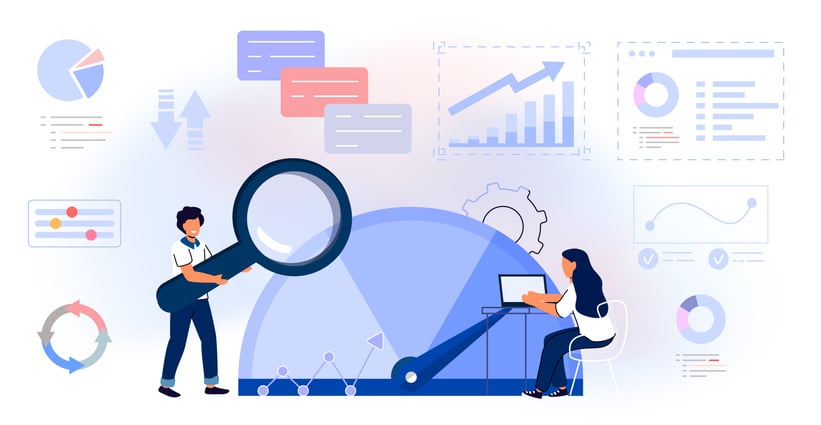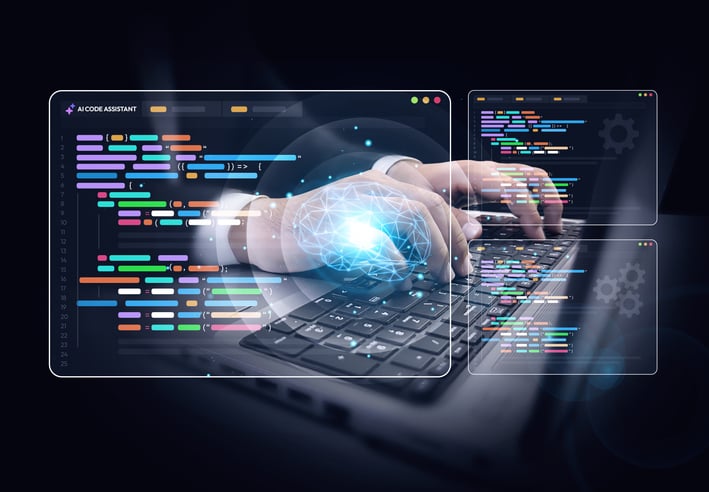The world of art and the world of business appear to be two diametrically opposed worlds. Everything seems to set them apart! Art is on the side of sensitivity, meaning, and emotion, while business thinks of rationality, structure, and organization. And yet... Many elements are common to both universes and were lost during the transition from craftsmanship to the industrial revolution. The arrival of digital technology with its incredible ability to replace us tantalizes us with a society where our creativity would be much more solicited than our capacity for execution and where the very notion of work could waver or even disappear.
Identifying and working on our common points with the world of art today might be the best way to anticipate the future.
Is the approach of a visionary entrepreneur so far removed from that of an artist? Striving to materialize, to give reality to their vision? Wanting to transform their dream into reality, with an almost existential determination that emerges from intimacy and self-realization much more than from a mercantile concern?
These business leaders create new markets because they are far from the benchmarks and focused on seeking and delivering a truly original product, different from others, embodying their uniqueness.
They make it their mission to change this world and rally around this intention, which becomes an incredibly more powerful "bond" than money, shareholder ownership, or management [through submission].
The company becomes a community, and maximizing profit can no longer be its sole mission. Impacting society, the environment, and "increasingly" humanity becomes an issue, if not a vocation. The new generations are not mistaken and demand much more than just money in exchange for their time. They want to believe in and be proud of their company and thrive in it both personally and professionally. The boundary between professional and personal life is becoming increasingly permeable.
And disappointment, then sanction, will be there if the company is not congruent with its missions.
Our workspaces increasingly resemble artists' studios. Open, relaxed, aesthetic, inspiring; they must foster serendipity and innovation. We learn to make drafts, to experiment, and to make mistakes like artists.
Our emotions are slowly finding their place in our lives as employees or customers. They are no longer frightening or banned. They find their place in the experiences that companies deliver to us. Emotional intelligence and empathy become essential characteristics. We are slowly moving away from the dictate of a simplifying IQ to focus on more diverse and rich personalities that will be able to innovate and create. Long live singularity!
Software craftsmanship is a trend among developers to produce much more qualitative, maintainable code, with an assumed aesthetic dimension. Like a craftsman (or an artist) who spares no effort to be proud of their work, which must rhyme with utility and beauty. The same concern is found among designers of all kinds. Whether they are interested in interfaces, products, or experiences. Their primary quality is empathy and their ability to give a broader dimension to their design. Societal, environmental, or aesthetic, their products must generate emotions in us. A true holy grail for the company as it ensures the anchoring of customers or collaborators to the brand.
Yesterday, technology replaced our muscles, and today, digital technology replaces us in many repetitive or modelable functions. This evolution has the consequence of centering us on more creative activities and giving even more value to human relationships and the emotions that accompany them.
At the same time, technology will allow, in the short or medium term, to produce, at almost no cost, what we need to eat, shelter, and clothe ourselves. What is the point of working in this context? How can we realize ourselves if not through work? What about our social status? What becomes of power and money in this world?
Is this future for tomorrow or for much longer term? Ultimately, it doesn't matter! Because art can bring a lot to the company, and simply asking this question opens up perspectives.
Let's let "the beautiful" enter our walls and ask ourselves about meaning. Let's try to work like artisans, with our hearts, and let our emotions increase our intelligence. We will thus be better prepared for the future shaped by digital technology.



